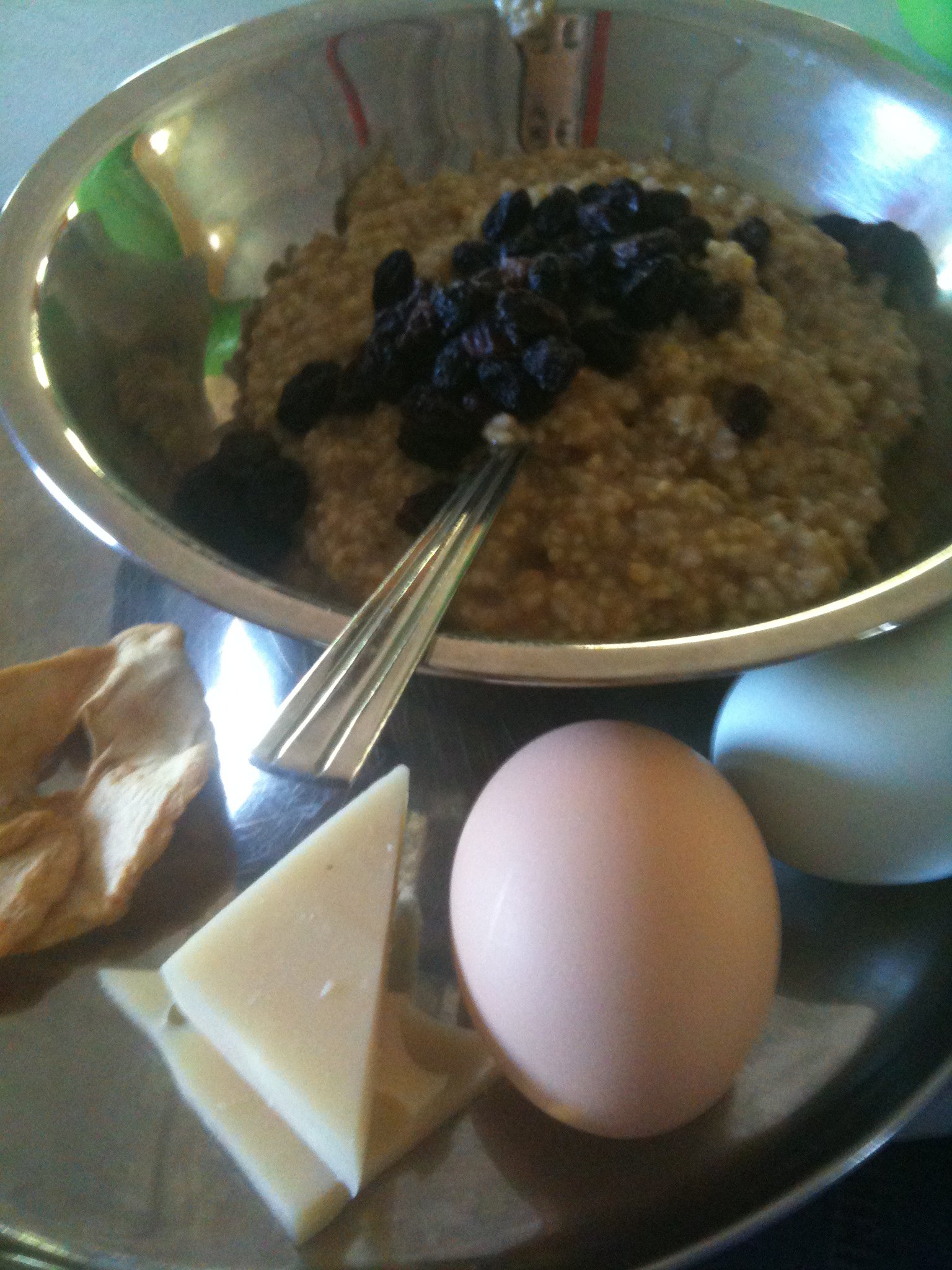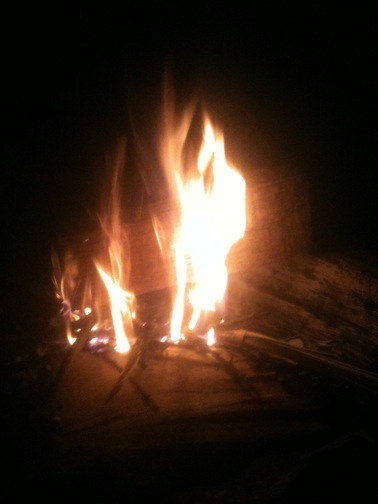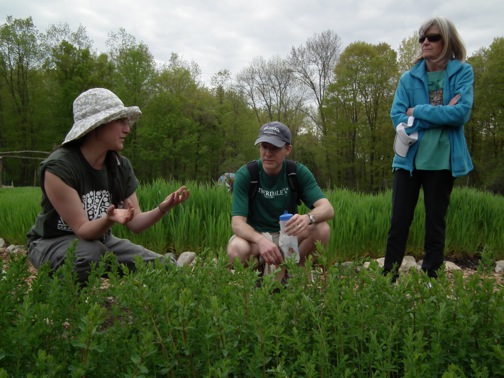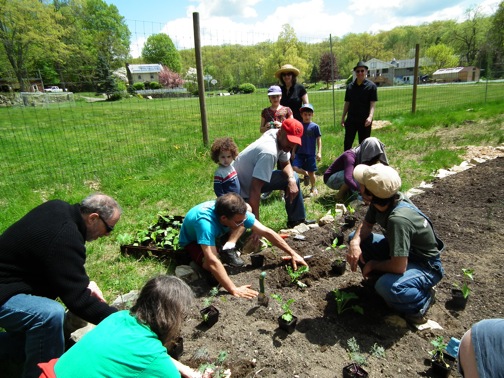
A spread of delicious organic kosher vegetarian Indian food including specialties like palak paneer, dahl, and kofta are served one day as dinner at Eden Village Camp and remind us of our time in India.
Being vegetarian or vegan seems to be gaining popularity in the U.S., but it definitely doesn’t seem to be all the rage in the kosher communities. In fact, more often than not I find myself having long conversations about why I’m vegetarian with all the meat-eating religious families who are kind enough to host us for meals.
From a practical point of view, it doesn’t matter how much you like meat, if you’re planning to do a lot of traveling you’ll be really restricted if you can’t go without meat. During our three months of travel in India, we only encountered meat twice: at Chabad of Hampi during a special occasion and at Chabad of Varanasi, and both times only chicken was available. If you’re looking for beef, don’t expect to find it being served in India or Nepal! In fact, in certain very religious Hindu areas of India, such as Pushkar in Rajasthan, it is not possible to serve meat. In Pushkar, canned tuna is only able to be served because the Indian employees don’t know that it’s fish! So if meat is a vital part of your diet, your travel will be extremely restricted unless you learn how to kill the animals kosher yourself.
Another practical point is that if you really want to travel, you will at some point be in places without a Chabad House, Bayit Yehudi, Lev Yehudi, or other Jewish institution to provide you with food. Depending on where you go and for how long, you could be weeks without encountering other kosher travelers. In India, Rabbi Ben and I generally went for about 2 weeks at a time without seeing a Chabad House. During that time away, you’ll have to fend for yourself and make your own food.

After taking a special course, the resident baker at Eden Village Camp surprised us with these delicious kosher organic vegetarian croissants hot from the oven!
There are pre-packaged kosher meat foods available, but if you’re a longer-term traveler, you won’t want to lug around a suitcase full of them. And even if you’re planning to slaughter some kosher critters, you may not find it practical to carry around two sets of dishes for meat and milk for kosher cooking on the go. (By the way, in many of these countries, getting milk is very easy… just find a local with a milking goat, cow, water buffalo, or yak, and ask if you can pay them to let you milk a bit… then you can pasteurize it yourself in your own pot! Many Jewish organizations we’ve encountered do exactly this, such as the Chabads of Pushkar and Pune, and Lev Yehudi of Hampi in India.)
Right now, Rabbi Ben and I are at Eden Village Camp, which is a primarily vegetarian facility. It’s actually amazing to see the creativity of the chefs in making us healthy, delicious, organic, vegetarian food. Even avid meat-eaters would be satisfied! Don’t even begin to think we’re suffering… we’ve been treated to yummy entrees like eggplant lasagna, Caesar salad, chili (sin carne!), French toast, black bean burgers, and stir fries… and yummy desserts like chocolate and fruit-filled challah, ice cream and sorbet, chocolate chip and sugar cookies, and fresh granola bars. If you ever worry that going vegetarian while traveling will be hard, just prepare yourself beforehand by learning how to prepare creative vegetarian dishes before you go!
Read More
















